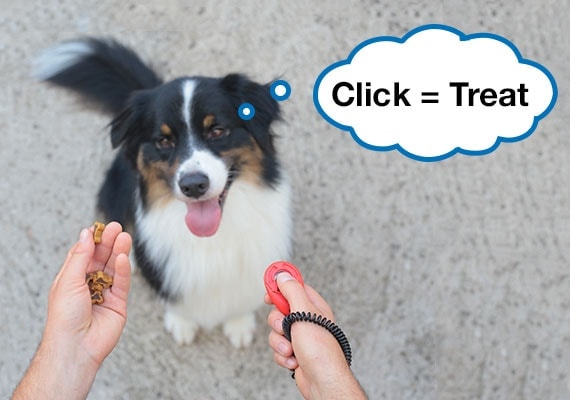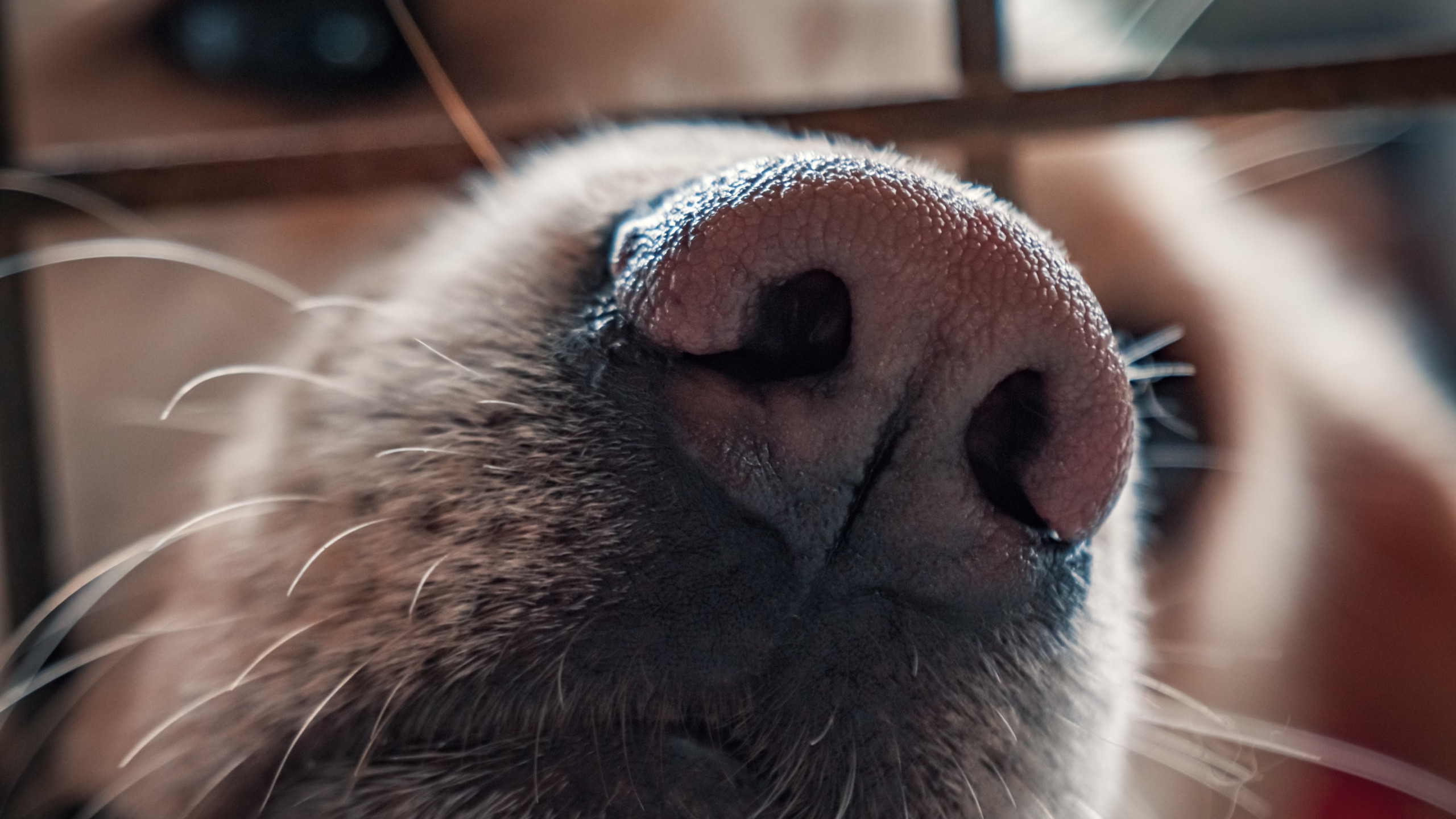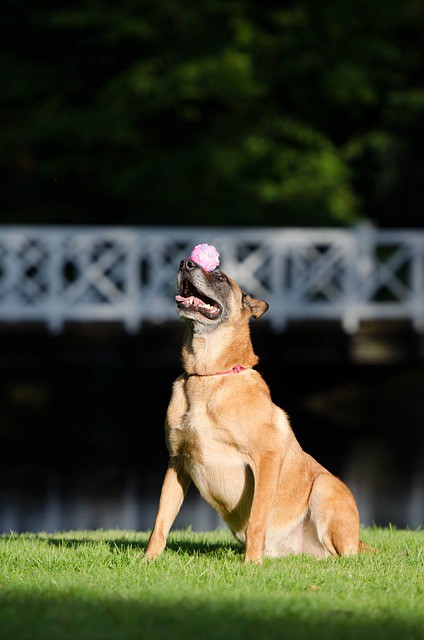
Aggression in dogs can be a problem. However, there are many factors that could contribute to this. Neglectful breeding, poor socialization, high prey drive, and bad breeding are all possible causes. In some cases, the cause of the dog's aggressive behavior is more complex. Depending on the circumstances, it can be helped by neutering or castration. This treatment can lead to a dog's behavior becoming worse. A neutered animal is less likely show fear-based aggression.
If your dog displays aggression, there are a few warning signs you should look out for. These are crouching and lifting one paw with one hand, tensing around eyes and mouth, and crouching between the legs. Also, look out for stiffness in your dog's posture. These are signs your dog may be aggressive. You can help your dog stop displaying any of these behaviors. While aggressive dogs may not be dangerous in most cases, they still require treatment.

It is crucial to consult a veterinarian if your dog exhibits aggressive behavior. There are several reasons why a dog might be acting aggressively, including fear. It is best to use reward-based training methods to address aggressive behaviour. The problem will only get worse if you use physical punishment. No matter the reason, you should see a veterinarian as soon as you begin to notice aggressive behavior. It is possible that your dog has an aggressive medical condition.
Inter-dog aggression isn't a diagnosis. However, these symptoms often resemble canine "play", or excited, nonaggressive awakening. In most cases, laboratory tests will yield unremarkable results, but a vet can look for any abnormalities that may be causing the aggressive behavior. In some cases, an MRI scan can help diagnose neurological problems or underlying cause.
Like any other disorder, aggression in dogs early can be treated so that future problems do not develop. If your dog exhibits aggression, it is best to consult a veterinarian. Even the smallest of distractions can trigger your dog to act violently. It can be very difficult to maintain a good relationship with your dog. Contact your local animal shelter if you suspect your dog may be being aggressive. It's important that you have your pet evaluated immediately for aggression.

Aggression in dogs should be treated immediately if it becomes a problem. A vet can prescribe medication to treat aggression if it is caused by a medical issue. In the meantime, it is your responsibility to keep an eye on your dog's movements. You are responsible for your dog's behavior as a pet owner. A cage-type muzzle can be used to prevent aggression until professional help is available. The muzzle will temporarily stop aggression, but your dog will still be able to act out when it's hungry or sleeps.
FAQ
How often should I groom my dog?
Grooming your pet dog is very important. Grooming your dog is important to keep his coat clean and healthy.
Dogs should be brushed twice per week. After every meal, brush your dog.
You can remove dirt and hair from your dog's fur by brushing. Brushing his teeth will help him look healthier.
It is important to brush his ears in order to prevent ear infection.
Which amount cats or dogs are easier to train?
Both. It all depends on how you train them.
If you give them treats for doing what they're supposed to do, they'll learn faster. They'll learn to ignore you if they don't listen.
There is no right or bad answer. The best way to teach your cat/dog is the one you choose.
Do I choose a puppy or kitten?
Your personality will determine the answer to this question. Some people prefer kittens to puppies.
However, puppies tend be more active and playful. Kittens usually sleep a lot and are very gentle.
Both breeds of animal require constant attention from their owners. They will get older quickly and need to be taken care of.
They will also require regular medical checkups. It is important that you take the time to take your pet to the vet.
What's your favourite pet?
The best pet is one that you love. There is no right or wrong answer. Each person will have his or her own opinion on which pet is best.
Some believe that cats are better than their canine counterparts. Some people believe that dogs are more loving and loyal than cats. Some argue that birds are the best pet.
Regardless of the type of pet that you decide to get, it is important that you determine what type of pet best suits you.
A dog is the best choice for someone who is outgoing, friendly, and affectionate. A cat is the best choice for you if you are shy or reserved.
Also, take into account the size your house or apartment. A small apartment means that you'll need a smaller pet. A large house will require more space.
Don't forget to give your pet lots of love and attention. They require regular food. They must be taken on daily walks. And they need to be brushed and cleaned.
All these factors will enable you to select the best pet.
These are the three most important things to do before you get a cat.
These are some questions you should ask yourself before buying a cat.
-
Are there any health issues in the cat?
-
Will the cat eat all my food, or will he?
-
Do I want a cat to love cats or just a pet?
How to feed a pet?
Dogs and cats consume four times a daily amount of food. Breakfast is composed of dry kibble. Lunch is often some type of meat like chicken, beef or fish. Dinner is typically a variety of vegetables such as broccoli and peas.
Cats may have different dietary preferences. Canadian foods should be included in their diet. These can include chicken, salmon, tuna and sardines.
Your pet may also enjoy eating fruits and vegetables. These should not be allowed to your pet too often. Cats tend to get sick if they overeat.
It is not a good idea for your pet to drink water directly from the faucet. Instead, allow him to drink from a bowl.
You should ensure that your pet is getting enough exercise. Exercise will help keep your pet healthy and his weight down. Exercise is good for his health.
After you have given your pet food, clean up the dishes. This will prevent your pet from inhaling harmful bacteria.
Remember to brush your pet's coat regularly. Brushing helps remove dead skin cells and can lead to infection.
At least two times per week, brush your pet. Use a soft bristle brush. Use a soft bristle brush. This can damage your pet's teeth.
Always supervise your pet when he eats. He should be able to properly chew his food. He could choke on bones if he doesn't.
Keep your pet away from garbage cans. This could cause serious health problems for your pet.
Don't leave your pet alone in an enclosed place. This includes cars, boats, and hot tubs.
How do I know if my dog has fleas?
There are fleas that can cause your pet to scratch at its hair, lick itself too often, or look dull and untidy.
Flea infestations may also be indicated if your pet is experiencing redness.
Take your pet to the veterinarian as soon as you can for treatment.
Statistics
- Monthly costs are for a one-year-old female mixed-breed dog and an under one-year-old male domestic shorthair cat, respectively, in excellent health residing in Texas, with a $500 annual deductible, $5,000 annual benefit limit, and 90% reimbursement rate. (usnews.com)
- For example, if your policy has a 90% reimbursement rate and you've already met your deductible, your insurer would pay you 90% of the amount you paid the vet, as long as you're still below the coverage limits of your policy. (usnews.com)
- Reimbursement rates vary by insurer, but common rates range from 60% to 100% of your veterinary bill. (usnews.com)
- Pet insurance helps pay for your pet's medical care, with many policies covering up to 90 percent of your vet bills. (money.com)
- Here's a sobering reality: when you add up vaccinations, health exams, heartworm medications, litter, collars and leashes, food, and grooming, you can expect a bill of at least $1,000 a year, according to SSPCA. (bustle.com)
External Links
How To
How do you choose the right name for your pet?
When adopting a pet, the name you choose for them is one of your most important decisions. It is important to choose a name that best reflects the person and personality of your pet.
Consider how other people may refer to them. If you are going to use their name during conversation, for instance. You should also consider how you would like to be called. For instance, do you prefer "dog" or "pet"?
Here are some tips to help you get started:
-
You should choose a name that suits your dog's breed. Look up the names associated to the breed, if you have a good idea of what it is (e.g. Labradoodle). Ask someone who is familiar with dogs to recommend a name that fits the breed.
-
The meaning behind the name is important. Some breeds are named for people or places, others are nicknames. One Labrador Retriever was named Rover because he loved to run!
-
What would you prefer to be called? Do you prefer to be called "dog?" or "pet?" Would you call your dog "Puppy" or "Buddy"?
-
Don't forget to include the owner's first name. Although it's a good idea to name your dog with your last name, don't forget to include the names of your family members. Your dog could grow up to become a member of your family.
-
Keep in mind, many pets have multiple nicknames. A cat, for instance, could go by different names depending upon where she lives. You might call her "Kitty Cat" home, but she might be "Molly" on the road with her friends. This is especially true when cats live outdoors. They may choose to name themselves after the environment in which they live.
-
Be creative There are no rules stating that you have to stick to one naming convention. It is important to pick something distinctive and memorable.
-
Check that your chosen name isn't used by any other person or group. You won't accidentally steal the identity of someone else!
-
Finally, remember that choosing a name for your pet isn't an exact science. Sometimes it takes some time to decide if a name is right. Keep at it until you find the right match.